Tuesday, November 26, 2024. It’s the 56th minute of the Champions League clash between Bayern Munich and PSG. Paris trails 1-0, desperately needing a response to keep their qualification hopes alive. Ousmane Dembélé, already booked early in the match, dives recklessly into a tackle on Alphonso Davies. Red card. PSG, who were counting on their star winger to lead the comeback, are forced to play with 10 men. The existing doubts about Dembélé suddenly harden into near-certainties:“PSG can’t rely on Dembélé to carry their attack.” “Dembélé isn’t dependable.”
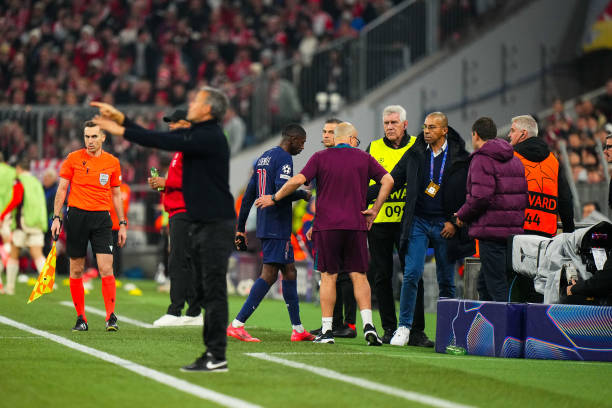
At that moment, the night of September 22, 2025, felt like pure fantasy, nothing more than a distant illusion. Linking the words “Ballon d’Or” and “Ousmane Dembélé” seemed more like satirical parody than a realistic possibility. And yet, perhaps the path toward his Ballon d’Or actually began on that painful Munich evening.
- August – December 2024 : when mockery was tough
To understand why that night hurt so much, you have to go back to the start of the 2024–2025 season, when Dembélé’s responsibilities and ambitions dramatically changed. Kylian Mbappé’s departure left an enormous void: 40 goals per season and the ability to single-handedly unlock the toughest matches. Mbappé was PSG’s ultimate weapon. Dembélé, until then, had always been more of a lieutenant. On the right wing, he was active and technically gifted. His dribbles advanced play, and his bursts of speed opened spaces, but when it came to the decisive actions (the final pass, the finish), he often fell short. Six goals and 12 assists in a dominant team whose top scorer neared 40 goals: those numbers told a story. Dembélé had never even reached 15 goals across all competitions in a single season.
In a transfer window focused heavily on promising young talents, Dembélé suddenly looked like the veteran at 27 years old, a French international, a starter, and experienced in big games. PSG’s start to Ligue 1 was strong, with Dembélé scoring three goals in four games, already matching his previous season’s tally. But in the Champions League, his recurring problems resurfaced.
Against Girona, he underperformed, with a glaringly comical missed one-on-one sticking in the memory. Against Arsenal, he didn’t play at all due to off-field issues with Luis Enrique. Against PSV and Atlético, both PSG and Dembélé were active, but the lack of efficiency remained. Paris managed just one win in their first four Champions League matches, and Dembélé was front and center for criticism. The absence of a true offensive talisman was glaring, especially in games full of wasted chances. Gonçalo Ramos’s injury hurt, but the real frustration was the lack of clinical finishing. Then came Munich, the night PSG and Dembélé hit rock bottom.
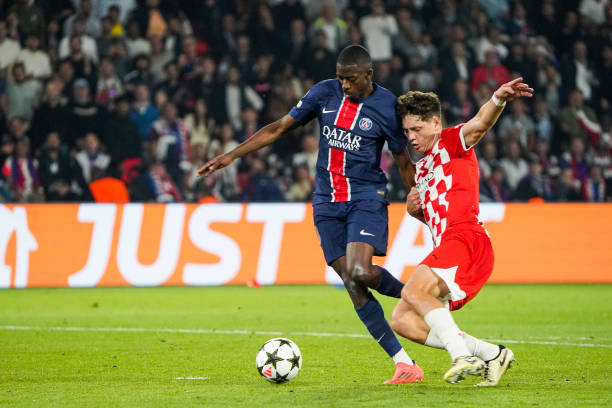
Paris won their sixth group-stage match at Salzburg without Dembélé, who was suspended after his red card. That victory, however, marked the beginning of a transformation. Deployed as a central forward, Dembélé found a role perfectly suited to his qualities. His ability to play in one touch, redirecting low crosses or flicking passes on goal, proved invaluable. Positioned closer to the net, he had less time to overthink and more chances to act decisively. Starting with the Lyon game on December 15, 2024, Dembélé exploded: five goals in three Ligue 1 matches, the winning strike in the Trophée des Champions against Monaco, and most importantly, a star performance against Manchester City in a make-or-break Champions League clash.
- WINTER’S RISING : Dembélé false 9 but true player
Wednesday, January 22, 2025. Halftime at PSG vs. Manchester City. Dembélé, still recovering from a flu, begins on the bench. When he enters as a striker, everything changes. His goal sparks the comeback, and his presence wreaks havoc. This wasn’t just a turning point; it was the culmination of a shift that began months earlier, when Luis Enrique shockingly excluded him from the squad against Arsenal on October 1. That exclusion rattled the locker room, but Enrique stood firm, something few PSG coaches had ever managed. Instead of fracturing, the relationship between coach and player grew stronger. There was no “father figure” dynamic, just honesty. In this healthier environment, Dembélé realized he had to elevate his game, not just for himself but for the team. His confidence, built up through Ligue 1 goals, was felt like never before that night. Shining in Ligue 1 was fine, but shining in the Champions League was transformative.
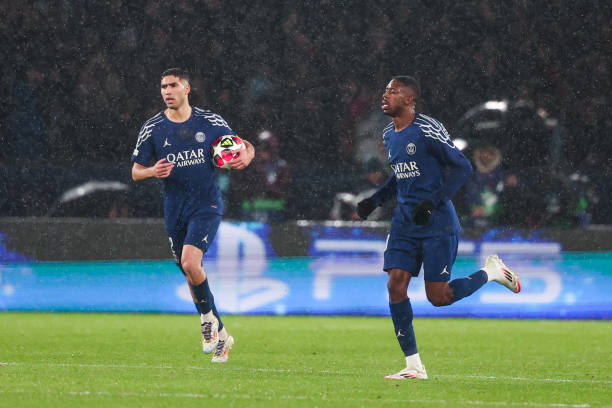
In a chaotic, historic comeback against City, Dembélé emerged as the leader. After brushing past Brest in the playoff round, PSG drew Liverpool in the round of 16, the worst possible opponent. Yet in the first leg, Paris’s superiority was evident. Dembélé dazzled with dribbles, technical precision, tireless movement, and fluid interchanges with teammates. He symbolized PSG’s evolution. The cruel 1-0 home defeat didn’t reflect the performance, but in the second leg at Anfield, Dembélé etched his name in history by scoring the decisive goal in a famous victory.
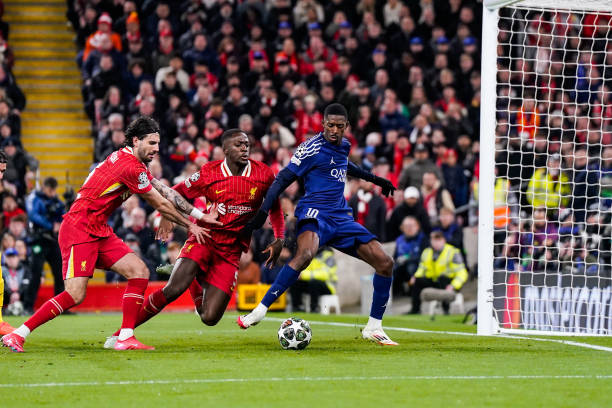
- A spring for eternity
From then on, he delivered relentlessly. Eight goals and five assists in the campaign are unthinkable numbers for a player once derided for meager statistics. Against Aston Villa, his magical assist to Nuno Mendes in the first leg proved crucial in a nervy tie. Against Arsenal, he scored the only goal of the first leg, then completely altered the return leg upon coming off the bench. His movements between the lines unsettled Arsenal’s defense, while PSG pushed higher up the pitch with him leading transitions.
May 31, 2025. Allianz Arena, 6 months after the debut of our story, this is Ousmane Dembélé lifting the Champions League trophy. PSG’s first-ever European crown. A historic 5-goal triumph. And yet, paradoxically, Dembélé wasn’t on the scoresheet. Just three shots, little presence inside the box. Still, in this final, he delivered his best performance for PSG. Not as a scorer, but as the first line of defense. Paris pressed ferociously to pin their opponents back, refusing to let them breathe. Every time they lost the ball, Dembélé was the first defender. That pressing game was PSG’s greatest weapon. The same pressing that suffocated Liverpool, that neutralized Arsenal at the Emirates. It was no coincidence that PSG’s struggles during the first 60 minutes of the Arsenal second leg came in Dembélé’s absence. With him, PSG became unstoppable.
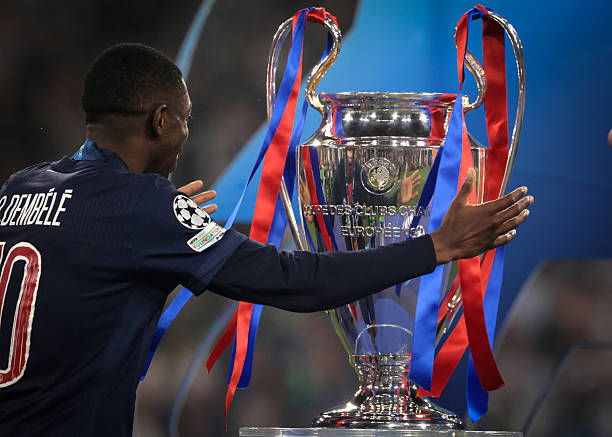
From being mocked to being feared, Ousmane Dembélé’s road to the Ballon d’Or was anything but easy. His season was a roller coaster: early hope, autumn doubts, winter rage, and finally, spring serenity.